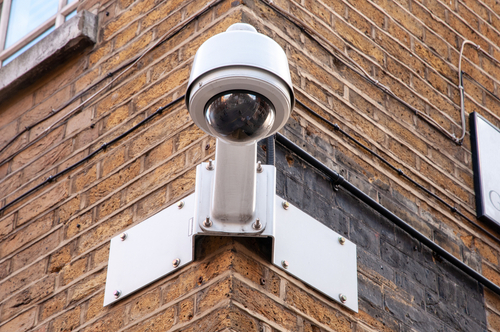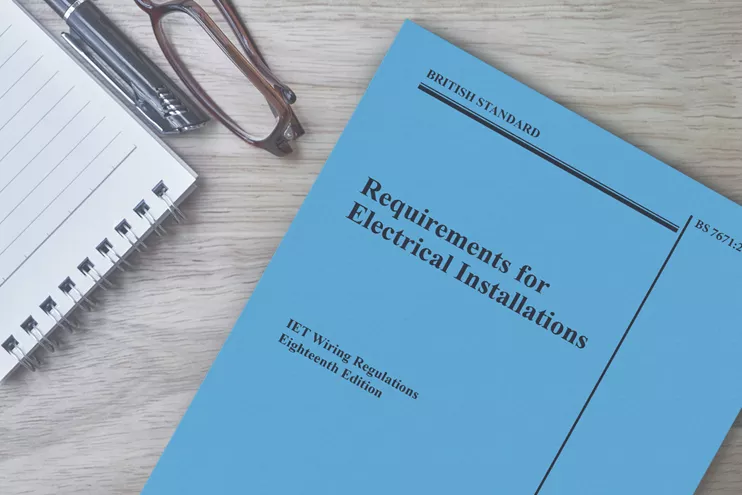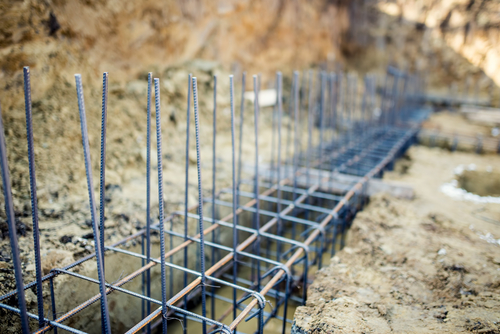Electrical safety in the private rented sector

All tenants deserve to live in homes which are safe, notably from risks such as fire or electrocution.
To protect tenants, ECA, Electrical Safety First and other partners pressed the Government for a sustained period to introduce legislation. As a result of this, the Government recently introduced new regulations to improve electrical safety in the rented sector.
From 1st June, the ‘Electrical Safety in the Private Rented Sector (England) Regulations 2020’ will come into force utilising the powers set out in the Housing and Planning Act 2016. It also makes amendments to the ‘Management of Houses in Multiple Occupation (England) Regulations 2006’.
These Regulations apply in England* only to -
- all new specified tenancies from 1st July 2020; and
- all existing specified tenancies from 1st April 2021.
This new statutory requirement places a greater emphasis on the private landlord to ensure that their electrical installations are fit for use. The Regulations make it mandatory in most cases that private landlords have regular and valid electrical installation condition reports (EICR) undertaken in their properties at intervals of no more than 5 years and for this inspection to be carried out by a qualified person.
Any dangerous situations that require urgent remedial action (C1, C2 or FI) noted on the EICR should be rectified within 28 days. Failure to comply with these Regulations carries significant financial penalties.
Landlords must take their responsibilities seriously or face the consequences. Landlords will however also benefit from these regulations by knowing that their properties are electrically sound, protecting their investment.
Landlords should therefore choose those who are to carry out these electrical condition reports with care and check their qualifications. We recommend choosing a member of ECA who specialises in this type of work – simply go to www.eca.co.uk, select ‘find a member’, and search for ‘electrical Installations within dwellings’.
ECA has produced the following technical bulletin for Members and the following useful post EICR assessment completion form that Members may find helpful. For further general guidance, see the MHCLG website here.
*Note: Regulations in the devolved nations
- Landlords in Wales are subject to different regulations under the Building Regulations 2010, the Electrical Equipment (Safety) Regulations 1994 and the Renting Homes (Wales) act 2016.
- Northern Ireland has no laws that specifically cover electrical safety in privately rented accommodation, however properties must be fit for human habitation. Northern Ireland Electricity can disconnect the electrical supply if it believes that the electricity at a property is unsafe.
- Private landlords in Scotland are required by law (Housing (Scotland) Act 2006), to ensure that their properties are electrically safe.
Are you up to date with ECAtoday?
ECAtoday is the official online magazine of ECA and reaches thousands of people within the electrotechnical and engineering services industry.













